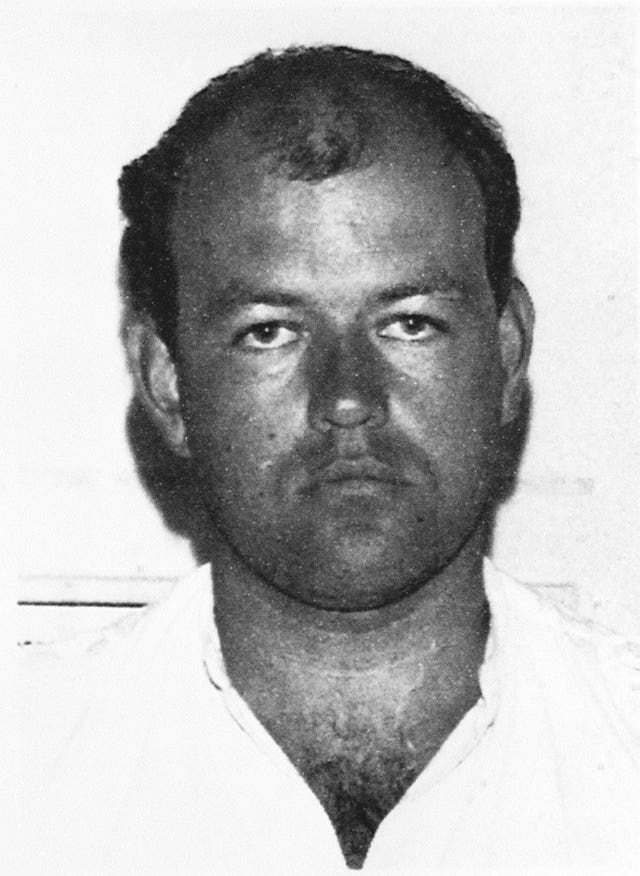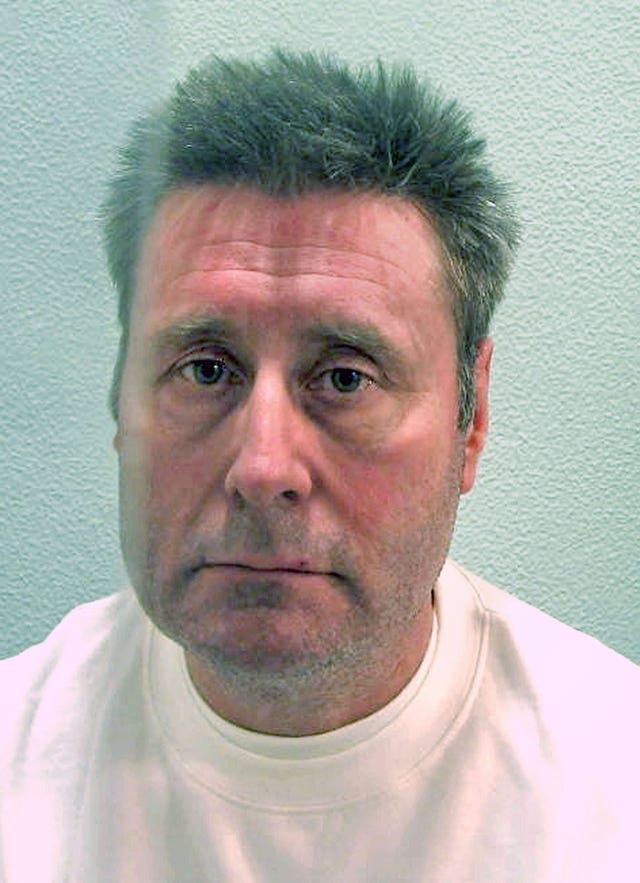Parole Board chief made CBE for work promoting transparency
Martin Jones has been in the role since 2015.

The chief executive of the Parole Board has been made a CBE for services to victims.
Martin Jones, who has been in post since 2015, is also celebrated in the Queen’s Birthday Honours list for his work on diversity and transparency within the parole process.
The decision may be seen by some as controversial, coming just days after an outcry over the Parole Board’s decision to release Colin Pitchfork, who raped and killed two schoolgirls in the 1980s.

Some relatives of the victims, politicians and detectives involved in the case expressed concerns about his release. The Government is considering whether to challenge the decision.
The row shares similarities with one which erupted in 2018 when the Parole Board issued a direction to release black cab rapist John Worboys.
The decision was overturned by the High Court amid outrage that his victims had not been part of the original decision-making process – prompting ministers to pledge more transparency over the decisions.
A different Parole Board panel later concluded he should remain in prison.

Comments made by Mr Jones, also a former Ministry of Justice (MoJ) head of sentencing, last year prompted some anger from campaigners for Helen’s Law – named after insurance clerk Helen McCourt, who vanished on her way home from work in 1988 and whose body has never been found.
He warned that killers who refuse to disclose where they have hidden their victim’s body could still be freed from jail despite the fresh legislation being introduced in a bid to deny them parole.
As part of efforts to avoid giving families false hope over the rules, he made clear that although prisoners will now be questioned and failure to co-operate may not work in their favour, the Parole Board must still release them if it is decided they are no longer a risk to the public.
But some feared the comments cast doubt on how effective the changes would be.

Parole Board hearings take place in private, normally in prisons, with victims and observers such as reporters being given limited access in rare circumstances.
But Mr Jones has backed plans for proceedings to take place in public amid efforts to overhaul the system and remove the secrecy surrounding the Parole Board’s work.
He has also welcomed the idea of contempt of court-like powers for parole hearings in a bid to limit delays.





